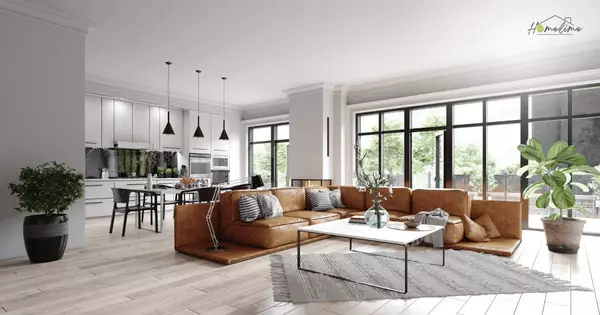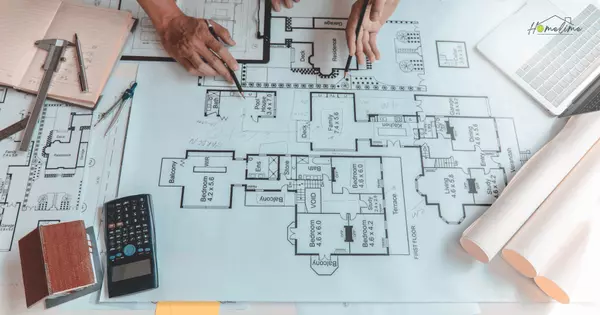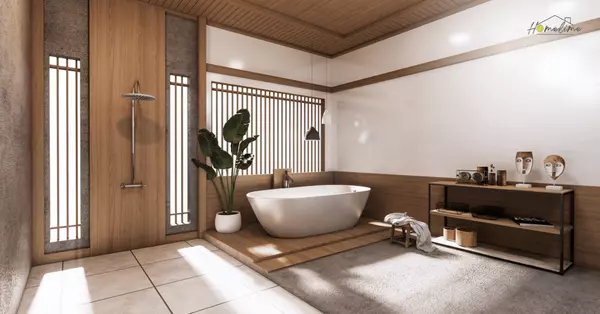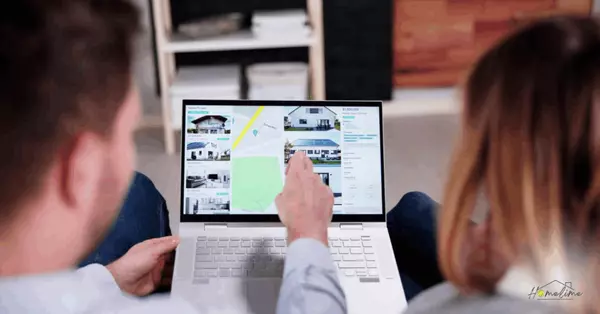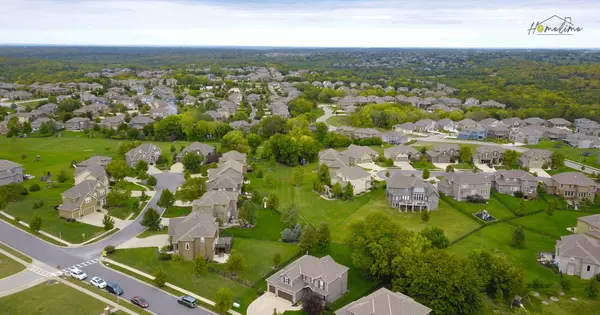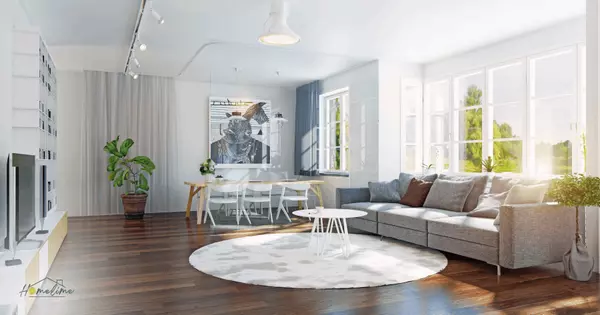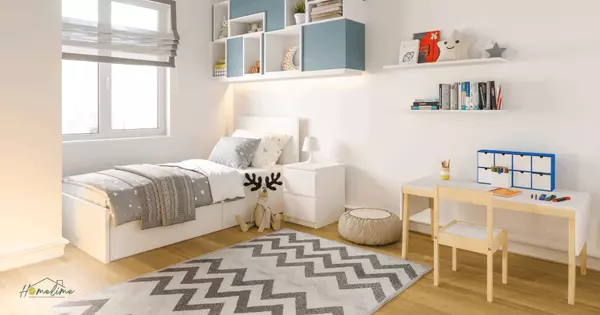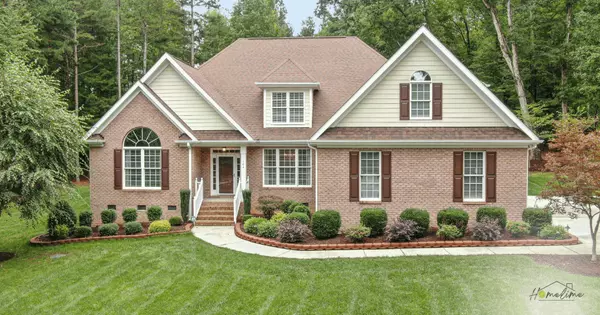Which Improvements Add Real Value to Your Home
If you’re planning to improve your home, it helps to know which projects give the best return. Some upgrades not only make your home more livable, they also add value when it’s time to sell. Start with small changes that improve curb appeal. Painting the front door, replacing old house numbers, or adding outdoor lighting makes a strong first impression. Landscaping can also bring a good return, especially if it’s low maintenance. Updating kitchens and bathrooms usually ranks high for return on investment. You don’t need a full remodel—small upgrades like new hardware or fixtures can go a long way. Replacing garage doors, windows, or siding are also solid investments. These updates boost both appearance and energy efficiency. A fresh coat of paint inside the house is one of the cheapest ways to raise value. Focus on neutral colors to appeal to more buyers.
Some projects may seem exciting but don’t always pay off. High-end features like luxury appliances or built-in electronics may not return their full cost. Swimming pools can be a draw for some buyers but turn others away due to maintenance. Home offices became popular recently, but a dedicated room for work may not suit everyone long-term. Converting a bedroom into a closet or removing a bathtub may reduce appeal for families. Think about function, not just style. Maintenance projects often go unnoticed but matter most—fixing the roof, HVAC, or plumbing. Buyers want homes they won’t need to repair right away. Always fix basic problems before investing in extras. Look at your neighborhood before upgrading. If your home becomes too different from others nearby, it may not sell as easily.
Timing also plays a part in project value. Some improvements make more sense if you plan to stay in your home for a while. For example, adding solar panels can pay off over years through savings. If you’re selling soon, stick to changes that make the home more attractive to a wide audience. Keep receipts and photos of work done—this can be useful during a sale. Use licensed professionals when needed to ensure quality and safety. If you’re unsure about a project’s value, ask a local real estate agent for advice. Their insight can help you focus on updates buyers want in your area. Try not to over-improve for your market. Spending wisely is more important than spending big. Aim for upgrades that make daily life better and future sales smoother.
In the end, the best home projects balance usefulness and value. Small updates can make a big impact. Focus on repairs, cleanliness, and features that last. Avoid trendy styles that may fade fast. Think about what future buyers will appreciate. Plan your budget before starting and stick to it. Don’t get overwhelmed by the options. One project at a time adds up over the years. Even if you’re not selling now, thoughtful updates help your home stay in good shape. A well-maintained home shows care and invites confidence. That’s something all homeowners can feel good about. And it’s always nice to invest in where you live.
Recent Posts
